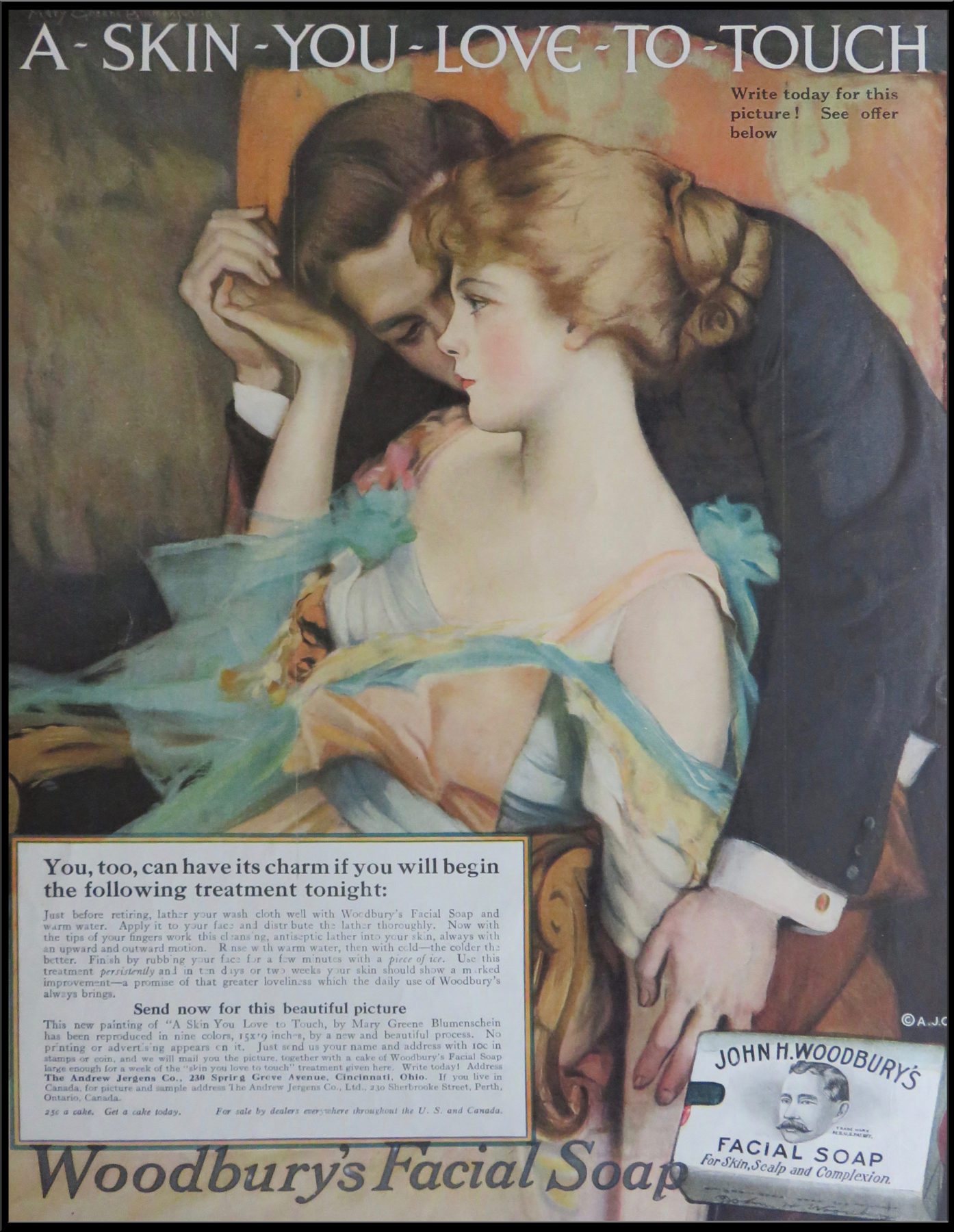I went for a walk this morning and as I was dodging the puddles from last night’s rain, I listened to a podcast, a conversation between James Schramko and Dean Jackson.
In case those names are not familiar to you, both belong to Internet marketers who have been in the business a combined 50+ years.
Both James and Dean have made many millions of dollars for themselves and many more for their clients and customers.
Whatever. The point is simply that, in the little corner of the Internet where I live, these guys are influential and established and respected. I’ve known about each for many years, and I’ve been paying attention to both intensely over the past year.
This morning, while listening to the podcast, James Schramko talked about changes he had made to his business following the advice of his friend, a guy named Kory Basaraba.
That caught my attention and maybe made me step into a puddle.
The fact is, I’ve known Kory for years. A few years ago, back when I was still doing freelance copywriting stuff, I even worked with him.
Through this experience, I know Kory is smart, successful, and established. But on hearing his name being mentioned on a podcast, by two people I follow, I felt some sort of electric jolt.
I don’t know how wide of a reach this Schramko/Dean podcast episode might get. Maybe a few thousand people, maybe tens of thousands? In any case it’s not Joe Rogan.
It doesn’t matter. My opinion of Kory, while it was positive before, suddenly jumped. He got the warm bright glow of a star in my eyes.
Of course, I’m a hardened cynic and a bit of a wizard when it comes to knowing influence spells. So I quickly shook my head to clear my mind from this strange persuasion.
But I wanted to share this story with you, such as it is, for a bit of motivation.
I don’t understand what it is about having a platform. Maybe I’ll figure it out one day.
Right now, my best answer is that having a platform is simply magic.
A few hundred or a few thousand people around the world listen to you. It’s not a tremendous amount of reach or power. But it doesn’t matter.
The very fact of having a platform, of speaking to a group of people, gives you status and authority and charisma, and even the power to transfer that to others, simply by mentioning their name. That’s magic.
The motivating part is that, if you haven’t done so already, you can do this same thing for yourself.
Nobody’s stopping you from starting a podcast, or writing an email newsletter, today.
Like I said, you don’t need a tremendous overall audience to have a tremendous influence on the people who do listen or read to what you have to say. I can vouch for that from personal experience, having been both on top of the platform at certain times, and in the audience, looking up, at other times.
I know nothing about podcasting. But I know something about newsletters. Such as for example, that the more often you send emails, the greater your influence over the people in your audience.
And with that in mind, let me point you to a service that can help make it easier to send something every day, so you can work your magic quickly:

